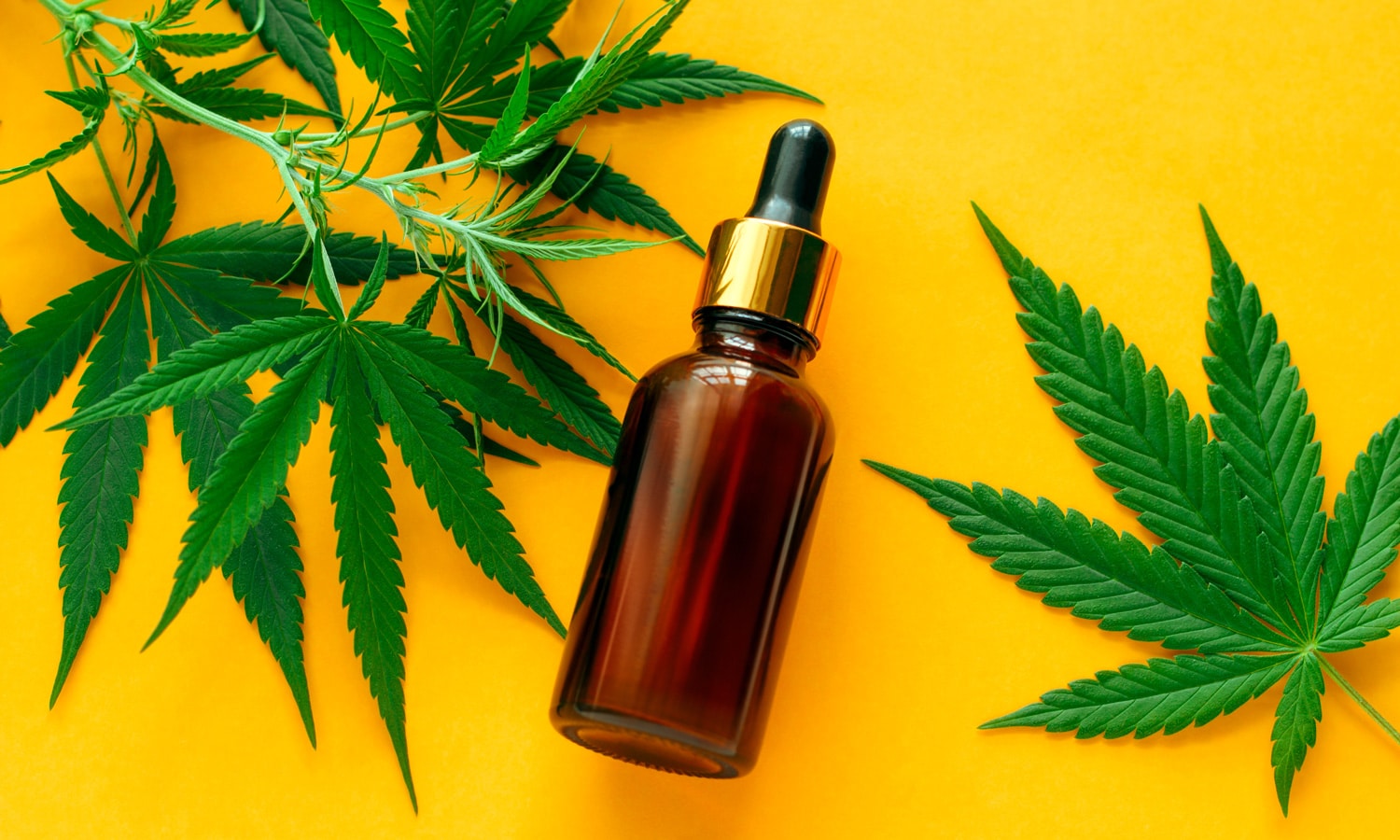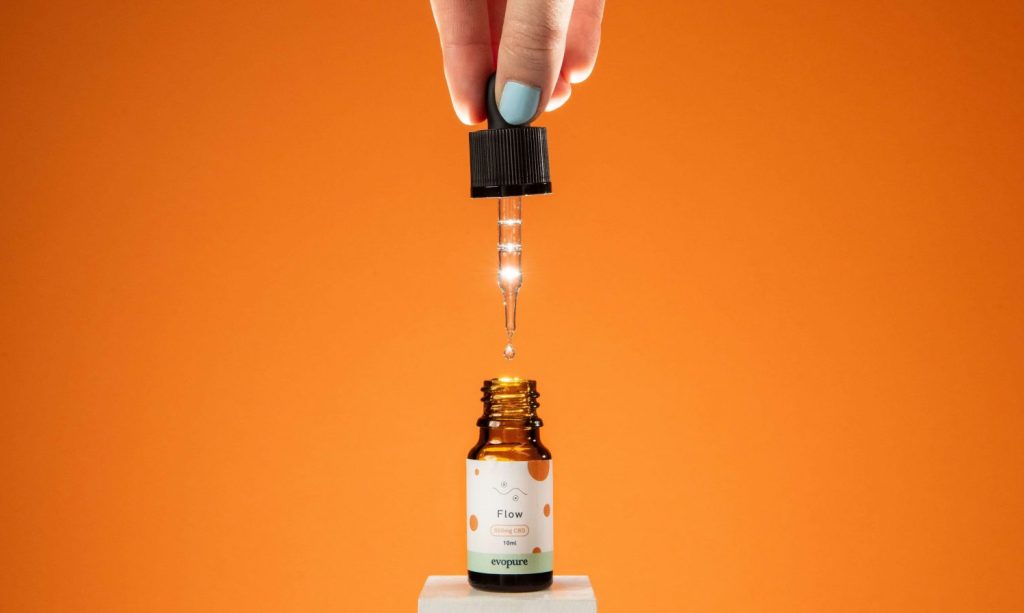
In January 2019, the European Union (EU) reclassified extracts of cannabis sativa L. and derived products containing cannabinoids, including CBD, as “Novel Food” under the EU Novel Food Catalogue. The reclassification was based on the lack of demonstrated history of human consumption of these extracts and of any product to which they might be added.
As one would naturally suspect, the Novel Food Application process is time consuming and expensive. Every successful Novel Food Application goes through three phases (the “Application Assessment,” the “Safety Assessment” and the “Marketing Authorization”), which last 3 to 4 years and require a hefty budget of €350,000 to €500,000.
To alleviate to burdensome cost of an individual Novel Food Application, the European Industrial Hemp Association (EIHA), which represents and advocate for the interest of European hemp producers and processors, launched a Novel Food Consortium (the Consortium). The Consortium was established to submit joint Novel Food applications and share the costs between its members, the majority of which are small and medium-sized enterprises (SMEs) that could not bear the cost of an individual application.
To date EIHA has submit three categories of Novel Food applications, including one for CBD-isolate-based products, another for synthetic-CBD-based products and a third one for products infused with full spectrum hemp extract. For each of these applications, EIHA will need to submit toxicological studies showing the substances are safe for human consumption, yet the organization seems particularly concerned with that of full spectrum hemp extract-based products.
RELATED: EU Adds CBD To Its List Of Legal Cosmetic Ingredients
In a recent interview with Cannabis Health, EIHA’s Managing Director, Lorenza Romanese explained that the challenge lays in the presence of tetrahydrocannabinol (THC) in the full spectrum hemp extract.
As is the case in the United States, Europe lacks sufficiently reliable scientific data to support the safety of products infused with full spectrum hemp extract, including the safety of THC, one of the 100+ cannabinoids naturally found in the extract. Therefore, through its collective effort, EIHA is taking the lead on investing in the type of comprehensive research the industry so desperately needs to freely operate by spearheading the largest human trial to date on the safety of consuming trace amounts of THC.

EIHA hopes that this toxicological study, which will assess 200 participants during a 30-day period, will make regulators more comfortable with the concept of full spectrum hemp extract and will enable EIHA members to continue producing and selling these products on the European market and overseas.
Nevertheless, there remains a possibility that European regulators will reject the validity of the study during the Assessment Phase of the Novel Food Application process, in which case EIHA is prepared to appeal.
RELATED: Congress Takes Issue With The (Awful) DEA Hemp Rule
Once submitted, the European Food Safety Authority (EFSA), the Food and Drug Administration’s European counterpart, will have 9 months to carry out the safety assessment of EIHA’s toxicological study, at which point the EFSA will issue an opinion to the EU Commission. If favorable, the EU Commission will submit a draft of an implementing regulation approving products infused with full spectrum hemp extract to the Standing Committee on Plants, Animals, Food and Feed, which would then add these products to the EU Novel Food Catalogue.
Needless to say, such approval would be a game changer for the industry. We’ll continue to monitor and report on the development of this ground-breaking study so stay tuned!
is an attorney at Harris Bricken. This article was originally published on the Canna Law Blog and is reposted with permission.





